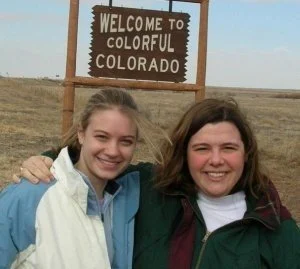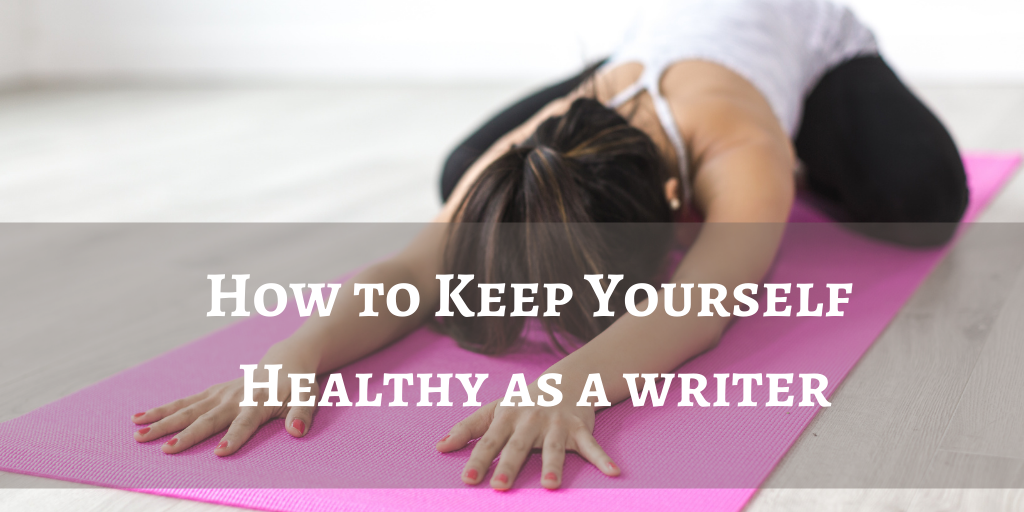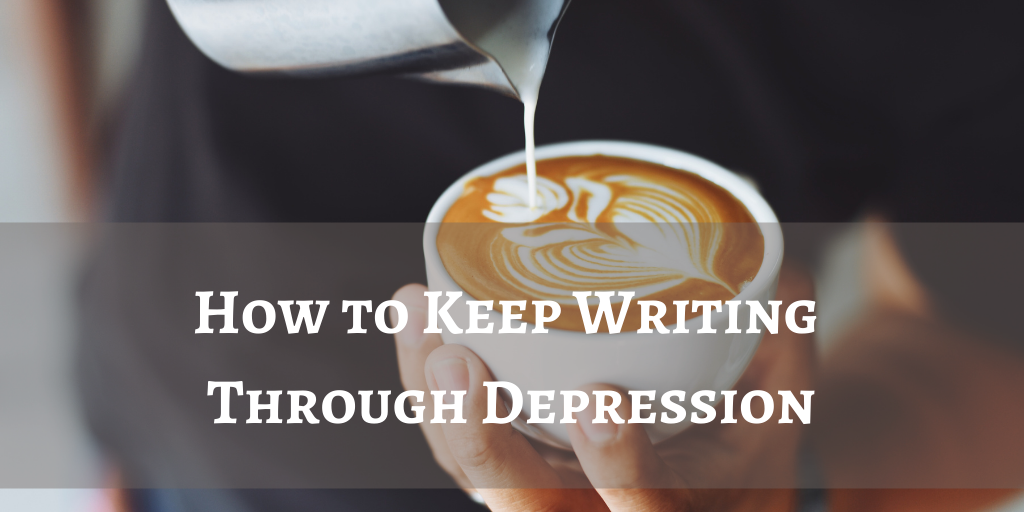January is the season of New Year’s resolutions (although by midway through, most will have given up on theirs) and goal-setting. As the month begins, my writer friends set word count goals and plot how many novels they’re going to churn out this year. And there’s not necessarily anything wrong with setting those kinds of creative goals. I’m a planner myself, and strategic business does require that kind of foresight.
But in January 2017, as I looked at the goals and resolutions others were posting, I felt my stomach churning.
I felt so behind (I was even behind making my New Year’s resolutions!), stressed, and inadequate for the challenges I was facing in life. The very thought of adding more pressure to accomplish more things made me feel like breaking out in hives, just for an excuse to curl up in my fuzzy blanket and start a Hobbit/Lord of the Rings marathon.
In that moment, I felt the gentle nudge of the Holy Spirit speaking to my weary, battered soul and challenging me to set a different kind of goal for 2017.
“But that’s not cool,” I protested. “I’ll look lazy. It’ll look like a cop-out.” Per usual, God was unimpressed with my excuses.
So, in the end, I set down a different kind of goal for 2017. My goal for 2017 was to live well.
What does it mean to live well? Now, there’s a real puzzler. I suppose it’s different for every person. For me, it starts with my word for 2017: Joy.
I chose joy because so many joyful things were happening at that time. I’d started my dream business editing fiction manuscripts. I was picking out wedding invitations and flowers and registering for crock pots with my incredible fiancé.
But I also chose joy because myself and those I love were facing some real challenges. Depression. Anxiety. Job loss. Starting a new business. Financial challenges. Major life changes. And I chose joy in the midst of those challenges, because I believe the promise that the joy of the Lord is my strength. So, joy is where the strength to get through starts. And when facing a year with so many uncertainties, I need all the strength I can get!
So, my list of resolutions for 2017 became…
1. Choose joy. Every time. Everywhere. In every circumstance, happy or sad, easy or frustrating, confusing or exciting. I will choose to choose joy.
2. Give grace. I’m terrible at giving myself grace to be human, let alone anyone else. I’m a perfectionist to the bone, and get really irritated when reality doesn’t match my beautiful vision of what it should be. But that’s called life. And life is messy. And people are imperfect (including myself). And sometimes we all just need a little more grace.
3. Develop a healthy lifestyle. In 2016 I made some pretty big steps forward in learning how to cook healthier meals and exercising regularly (thanks to Youtube yoga videos and signing up for an adult ballet class). But I grew very discouraged and frustrated because I didn’t lose the weight I wanted (I even gained some – thank you, stress and holidays). This year I wanted to continue focusing on developing healthy habits without letting the results create so much anxiety and discouragement.
4. Feed my soul. 2016 was a year of running from one thing to the next, scrambling to keep up with a to-do list constantly slipping away from me. Something had to give, and usually it was the little things that feed my soul. Taking a few extra minutes to put together a cute, coordinated outfit and put on make-up. Reading and doing Bible study for a few minutes before bed. Going out for coffee with a friend. Sitting and doing nothing occasionally.
I decided that, no matter how loud the to-do list is clamoring, I would take a few minutes every day, every week, to feed my soul and do the little things that make my heart glad.
5. Live generously. Have you noticed that the lower the number in the bank account, the more stressed and busy you become, the tighter you hold on to things that don’t really matter? Or maybe that’s just me, catching myself clinging desperately to every penny and scrap of time, tapping my fingers as a friend shares her heart, holding on so tight to my to-do list when I should be clinging to and savoring each moment with the ones I love.
Well, no more. I decided to pry my clinging fingers off the clock, to put my priorities on reset, to take a deep breath and exhale grace. Because the secret to living well is remembering the person I am becoming is so much more important than anything I can get done. Can I just say that again?
The secret to living well is remembering the person I am becoming is so much more important than anything I can get done.
I wasn’t the first person to come to this realization. The apostle Mark writes, “What good is it if you gain the whole world and lose your soul?” [Mark 8:26] Though he meant it primarily in the spiritual sense, I believe it applies to the rest of life as well.
What good is it if I make my word count for the day, but I ignore my friend who is having a rough day? What good is it if I accomplish my exercise goals, but let myself become fixated on body image instead of celebrating healthy choices? What good is it to write a novel pointing people to Christ, but never let them see Christ in me?
What good is it to write a novel pointing people to Christ, but never let them see Christ in me?
I run from one project to the next, desperately trying to stay ahead of this pursuing monster called Failure, and miss the most ironic truth at all. In striving to avoid failing in business, in my writing, in my creative pursuits I run the danger of failing in the one thing that really matters. A life that honors Christ. Becoming the woman He wants me to be.
Don’t get me wrong, there’s a place for setting practical goals. I regularly scribble those down too. But these are the goals that really matter in the long run, that God put on my heart. If I can keep my focus on these goals, the rest will fall into their proper place.
Maybe I’ll dramatically fail this year in reaching my word count. Maybe I won’t get any more editing clients (makes me sad just thinking about it). Maybe my business will fail and I won’t complete my novel on deadline and I’ll teach a writing workshop and everyone will hate it (and me). Maybe everyone who looks at this list of goals will think, “She’s just a lazy sap.” So be it.
But if I can say at the end of each year that I have lived well, then I have still accomplished my goal.
What would it look like for you to live well? What are your goals for the new year?
If you’re looking for a place to share encouragement and find support among fellow women authors, consider joining my Facebook group or connecting with me on Instagram. The creative journey is always better with good company.








